What to Know About Costs Before Installing a Small Home Elevator
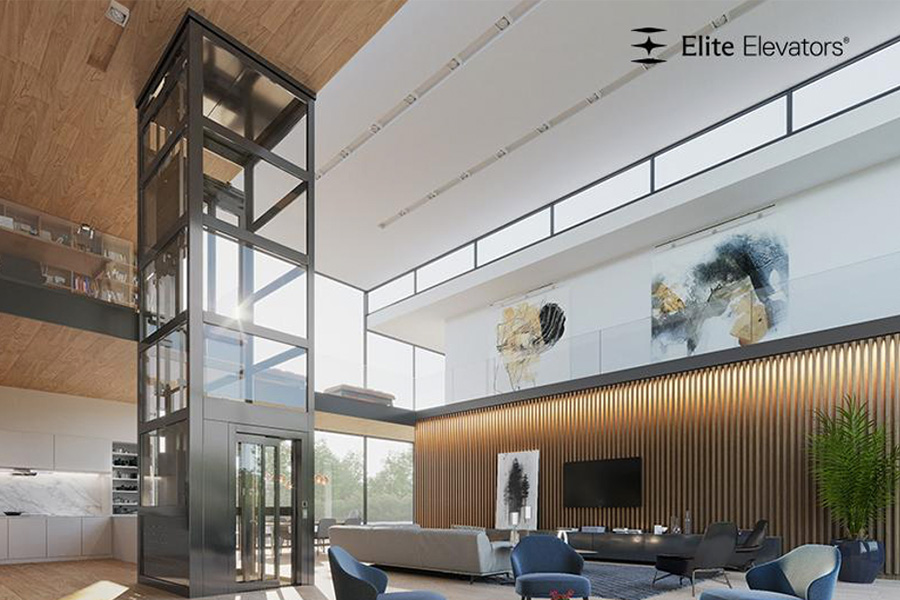
Home elevators are no longer a luxury reserved for mansions or sprawling estates. They have become increasingly popular in small homes, villas, and even duplex apartments as a practical solution for vertical transit. Whether it’s for convenience, enhancing property value, or aiding mobility for elderly family members, small home elevators are a worthwhile investment. However, understanding the costs associated with installing one is crucial before you take the plunge.
In this guide, we’ll break down the various factors influencing the cost of installing a small home elevator, including initial investment, installation expenses, and ongoing maintenance. Armed with this knowledge, you’ll be better equipped to make an informed decision.
1. Types of Home Elevators and Their Costs
One of the primary factors determining the cost of a small home elevator is the type you choose. Different types cater to different needs, and the technology behind each can significantly impact the price.
a. Hydraulic Elevators
Hydraulic elevators are powered by a piston moving within a cylinder. They are known for their smooth operation and ability to carry heavier loads.
- Cost: $30,000 to $50,000 (approx. ₹22 lakh to ₹37 lakh).
- Installation: Requires a machine room and additional structural modifications, which add to the cost.
- Best For: Homes with ample space and higher weight requirements.
b. Traction Elevators
These use ropes and counterweights to move the cab. They are energy-efficient and suitable for multi-story buildings.
- Cost: $25,000 to $45,000 (approx. ₹18 lakh to ₹33 lakh).
- Installation: Requires a shaft but doesn’t need a machine room, making them space-efficient.
- Best For: Compact homes where space is at a premium.
c. Vacuum Elevators
Vacuum elevators use air pressure to move the cab. They are sleek and do not require a pit or machine room.
- Cost: $35,000 to $60,000 (approx. ₹26 lakh to ₹44 lakh).
- Installation: Minimal structural modifications are needed.
- Best For: Modern homes with a focus on design and energy efficiency.
d. Stairlifts and Platform Lifts
For homes with budget constraints or minimal space, stairlifts and platform lifts offer an economical alternative.
- Cost: $5,000 to $20,000 (approx. ₹4 lakh to ₹16 lakh).
- Installation: Simple and straightforward.
- Best For: Homes with elderly occupants or those needing wheelchair accessibility.
2. Factors Influencing Installation Costs
The cost of installing a small home elevator doesn’t just depend on the type of elevator but also on various other factors. Let’s explore them in detail:
a. Structural Modifications
- Homes that were not originally designed to accommodate an elevator may require extensive renovations.
- Costs can include creating a shaft, digging a pit, or building a machine room, which can range from ₹5 lakh to ₹10 lakh.
b. Number of Stops
- The more floors the elevator serves, the higher the cost.
- Each additional stop can increase the price by ₹1 lakh to ₹3 lakh.
c. Customization
- Tailoring the elevator to match your home’s aesthetic (e.g., cabin interiors, door styles, and finishes) can add significantly to the cost.
- Customization can range from ₹1 lakh to ₹5 lakh.
d. Permits and Approvals
- Local building codes and safety regulations may require permits, inspections, and certifications.
- Permit costs vary but generally range between ₹50,000 and ₹1.5 lakh.
e. Installation Location
- Installing an elevator in the center of the home versus an exterior wall can affect the cost due to varying construction complexities.
3. Ongoing Costs to Consider
Beyond the initial purchase and installation, there are recurring expenses to keep in mind:
a. Maintenance
- Regular maintenance ensures the elevator operates smoothly and safely.
- Annual maintenance contracts (AMCs) typically cost ₹25,000 to ₹50,000 for small home elevators.
b. Electricity Consumption
- Modern elevators are energy-efficient, but electricity usage varies based on the type of elevator and frequency of use.
- Expect monthly electricity costs to range from ₹1,000 to ₹2,500.
c. Repairs and Spare Parts
- Over time, parts like cables, pulleys, or hydraulic fluid may need replacement.
- Repair costs can range from ₹20,000 to ₹5 lakh, depending on the issue.
4. Hidden Costs to Watch Out For
Sometimes, unexpected expenses can arise. Here are some common hidden costs:
a. Emergency Power Backup
- Installing a power backup system, such as an inverter or generator, is advisable to ensure the elevator operates during power outages.
- Cost: ₹1 lakh to ₹2 lakh.
b. Insurance
- Adding the elevator to your home insurance policy may increase premiums.
- Cost: Varies based on coverage but can be an additional ₹5000 annually.
c. Retrofitting Older Homes
- In older properties, structural integrity assessments and reinforcements may be necessary, adding to costs.
5. Tips to Optimize Costs
a. Plan During Construction
If you’re building a new home, plan for an elevator during the construction phase. This minimizes structural modification costs.
b. Choose the Right Type
Select an elevator that meets your specific needs rather than opting for the most advanced model. For example, a vacuum elevator may not be necessary if you’re prioritizing cost-efficiency.
c. Compare Providers
Request quotes from multiple elevator companies to compare costs and features. Ensure the provider is reputable and offers reliable after-sales service.
d. Opt for Standard Features
Customizations add to the cost. Opt for standard cabin designs and finishes unless customization is absolutely necessary.
e. Bundle Services
Many providers offer package deals that include installation, maintenance, and warranty at a discounted rate.
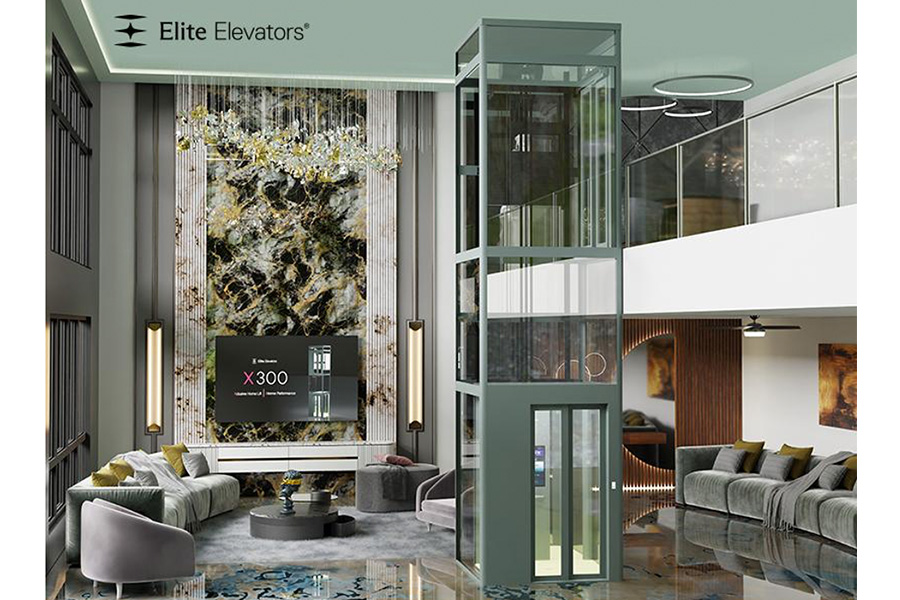
6. Elite Elevators: A Cost-Effective Solution
If you’re considering a small home elevator, Elite Elevators offers a range of products designed to fit the unique requirements of Indian homes. With advanced technology, customizable options, and a focus on safety and efficiency, Elite Elevators ensures you get the best value for your investment. Their products comply with Vastu principles, making them ideal for homes where traditional design matters.
Conclusion
Installing a small home elevator is a significant decision, both financially and practically. While the upfront costs might seem daunting, understanding the factors influencing these expenses can help you budget effectively and avoid surprises. Remember to consider not just the initial investment but also the ongoing and hidden costs. With careful planning and the right provider, a home elevator can be a seamless addition to your living space, enhancing both functionality and property value.
Leave a Reply
You must be logged in to post a comment.









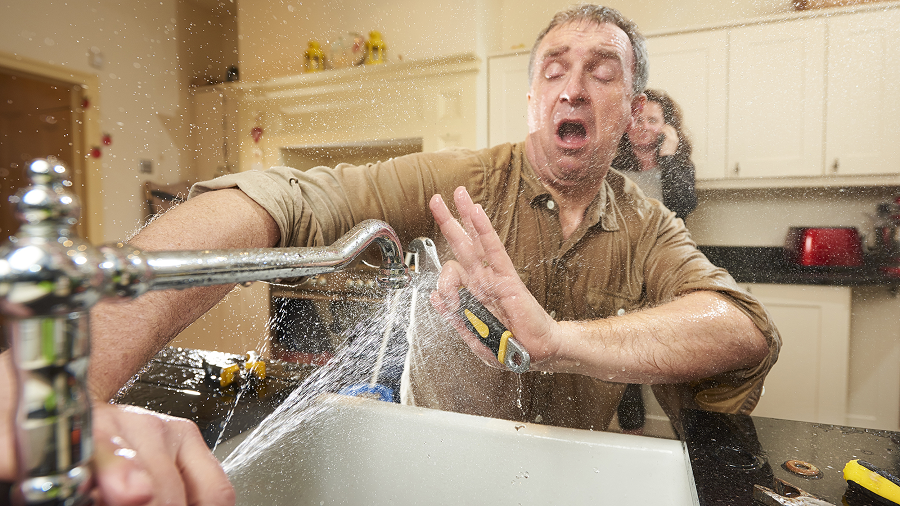

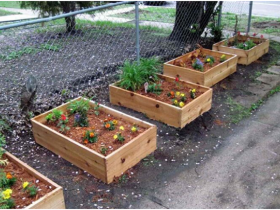


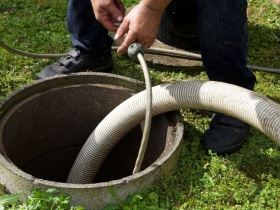

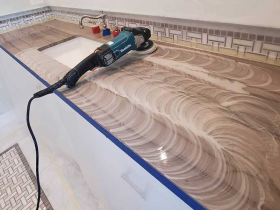
Leave a Reply